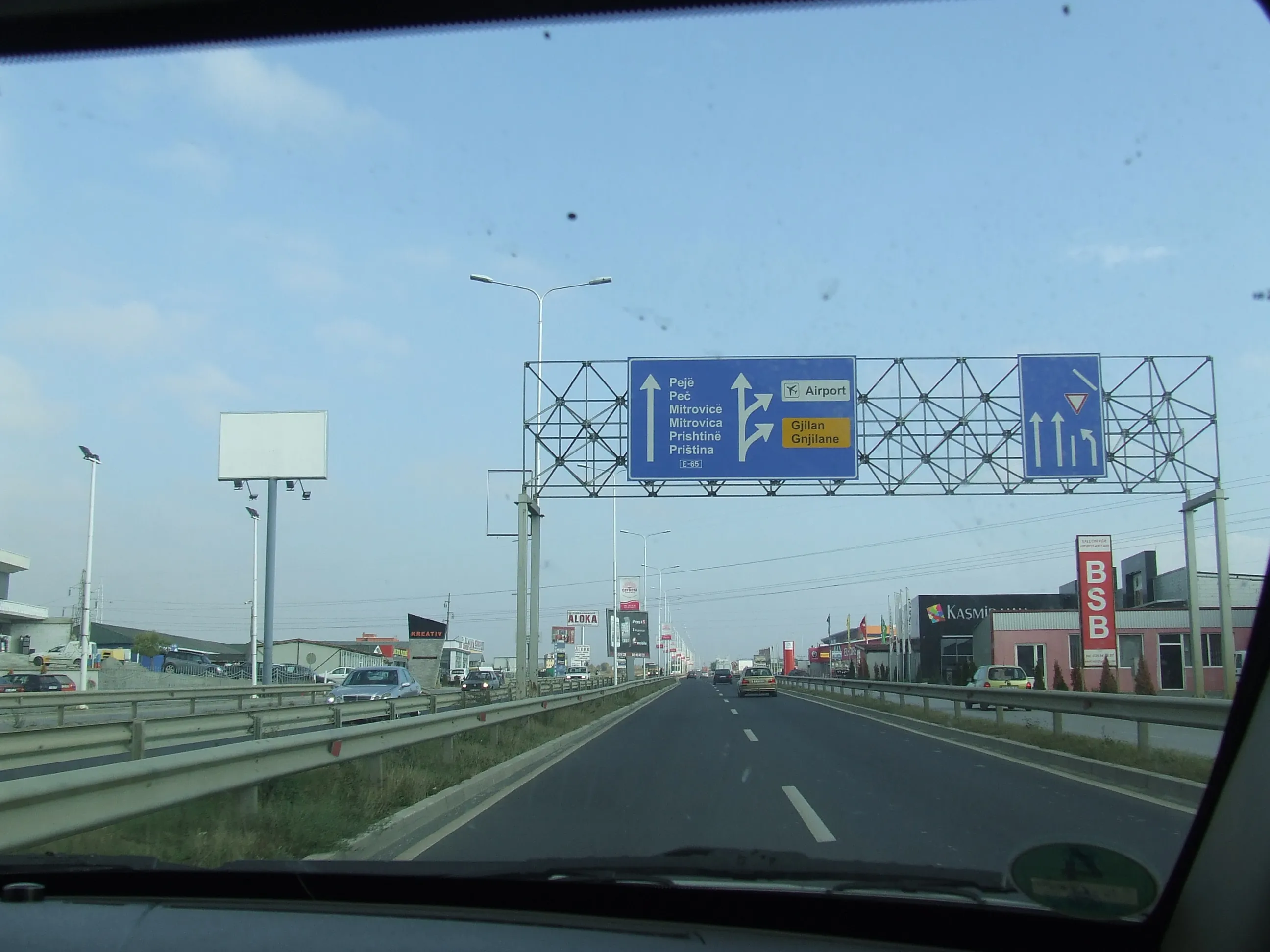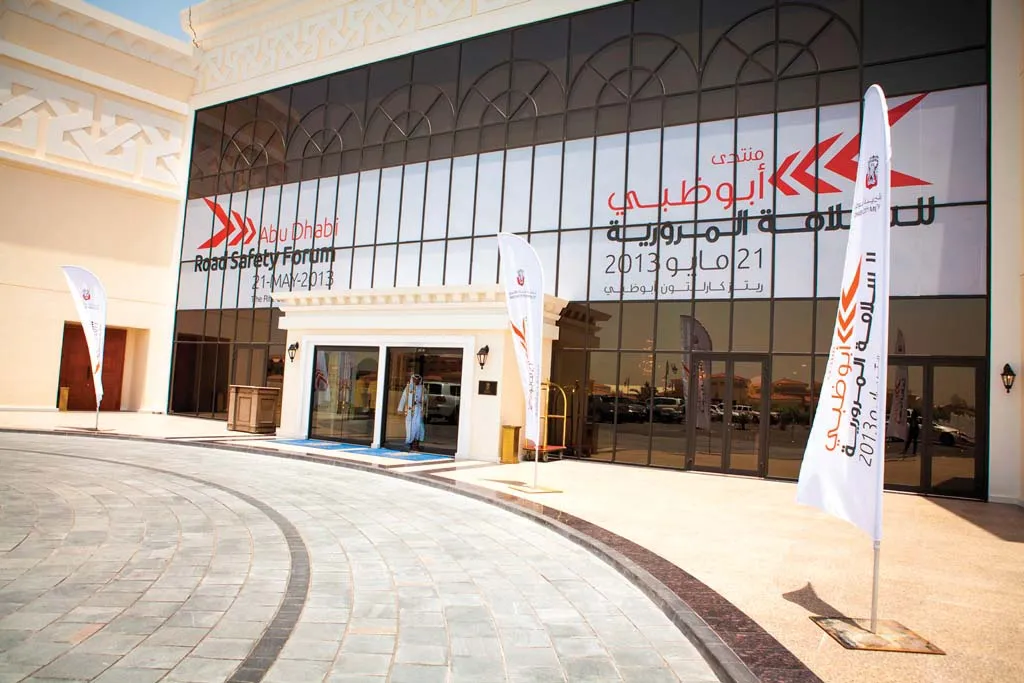There were three major obstacles to be overcome upon contract signing in April 2010. The first obstacle was that the final design was not complete. With construction needing to start almost immediately to deliver the first three sections within the client’s required timeframe, BEGP had to begin construction while working in parallel with the designer to manage the delivery of the design to support these construction activities on site. The second obstacle was that while the expropriation process was underway, the government had not yet taken the final decision and therefore had not expropriated any of the land for construction. BEGP worked closely with the client’s expropriation teams to expedite the process in order of priority, so that major structures and areas of large excavation on the project's critical path could begin immediately. The third obstacle was the long and very cold winter weather conditions.
Staffing a major Infrastructure project is always a key challenge success. In total, BEGP trained 3733 individuals from 14 different countries including an unskilled majority from the local Kosovo community. The project also implemented a “buddy” system whereby employees who have been on the project less than 90 days are given a different color helmet and work closely with more experienced members of the team to ensure their safety on site and the quality of their product.
In order to maintain the required high quality standards and in addition to the craft training program, BEGP developed 172 procedures within the first 6 months of work. Development of the Quality Management System (QMS) was jointly completed by the Quality and Construction Departments with input from all department leads to ensure completeness.
The Kosovo Motorway Project won the 2012 Global Road Achievement Award for Program Management. Visit the
Are you up for the challenge?
Since their launch, the IRF GRAAs have provided global notoriety to over 100 projects in 30 countries and highlighted how road programs help achieve broader development goals. The IRF is now taking applications across 11 categories. The deadline for submitting an entry is June 30, 2013.
Find out more online at %$Linker:







